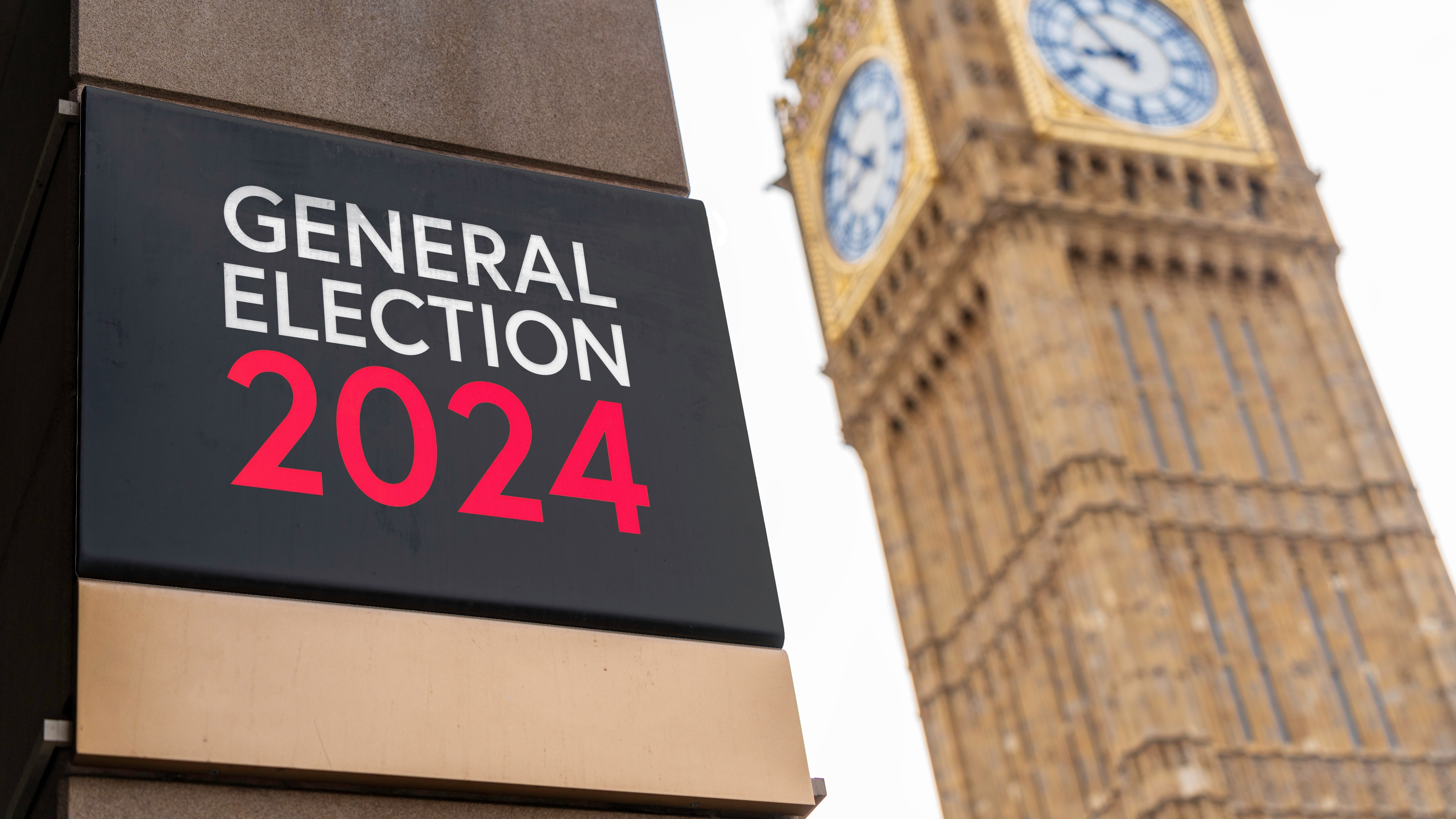Music streaming maintains its upward trajectory
by Inline Policy on 04 Jul 2014
The way in which people listen to music has been fundamentally changed by digital technology. The rapid growth in music streaming, in particular, has led some even to argue that it could destroy the music industry entirely. Regulators are having to deal with this digital shift as copyright rules, and other associated regulations, were often designed decades ago. The pace of technological change can also mean that even when regulation is updated, it can quickly become out-of-step with the latest advancements. The disruption is huge, as are the headaches for regulators and policy makers.
A growing sector which is going mainstream
The number of music streaming sites has increased exponentially in recent years and has been supported by the growth in the smartphone and tablet market. New figures from the Official Charts Company (OCC) in the UK show that music streaming doubled in popularity between 2013 and 2014, from 100 million to 200 million streams a week. The figure now is around 260 million. Music streaming is also having a huge impact on the volume of digital downloads, as well as purchases of CDs and vinyl. Figures released yesterday for example, looking at the United States market, showed that:
- 120.9 million albums have been sold so far this year, down 14.9 percent from the first half of 2013. Of those albums, 62.9 million were on CD (down 19.6 percent) and 53.8 million were digital downloads (down 11.6 percent).
- Downloads of individual tracks fell for the first time last year, by 6 percent, and in the first half of 2014 they dropped 13 percent, to 593.6 million.
Interestingly, the report also revealed that four million vinyl LPs were sold in the first half of 2014, which is up 40 percent from the same period last year. As recently as 2007, vinyl accounted for fewer than one million sales a year. This indicates that music fans are not entirely moving away from purchasing records. The growing vinyl trend in the States is also evident in the UK.
The growth in streaming, and its move to the mainstream, has been reflected in recent developments such as the announcement by the OCC, on June 22 that songs played on certain streaming services will now count towards the official UK singles chart. 100 streams of a song will be equivalent to one physical single purchased, and each track will have to be played for 30 seconds before it counts as one official stream.
Much of the growth in music streaming is being driven by large established tech firms, as well as a host of emerging start-ups. In recent weeks we have seen Apple acquire Beats Electronics and Beats Music for $3 billion, and Google has just bought Songza. Amazon has also just launched its own streaming service to its Amazon Prime subscribers. YouTube similarly is preparing to launch its own paid subscription feature for music. The competition for users will be intense.
The sector is certainly now becoming mainstream, and the relationship with the music industry is no longer quite as fraught as it once was. However the road ahead will by no means be a smooth one. The recent decisions by bands such as the Black Keys and Coldplay to prevent their new albums from being made available for streaming on Spotify, are indicative of this. Disagreements over royalties are likely to recur.
Regulatory developments gather pace, as do the controversies
YouTube’s music streaming service, in particular, has resulted in a fierce dispute with numerous independent record labels, who have refused to agree terms with the company. The disagreement is over the licensing terms for the service, which around 95 percent of the music industry has signed up to. The British Phonographic Industry (BPI), which represents the UK’s recorded music industry, both major and independent labels, has criticised what it calls YouTube’s ‘take it or leave it ultimatum’. The Independent Music Companies Association (Impala), a group that represents independent music labels in Europe has filed a complaint with the European Commission.
Robert Kyncl, YouTube’s Head of Content and Business Operations, told the Financial Times (£) in a recent interview that the company was offering all rights holders a good deal. “We’re paying them fairly and consistently with the industry,” he argued. In a significant development yesterday, YouTube postponed (£) its plan to block the independent record labels, and will allow more time to negotiate. However, it still intends to block them if an agreement cannot be reached.
Alongside such news, there have been calls by representatives of musicians and music publishers to reform licensing laws. In the United States, there was a Congressional hearing on June 10 before a House Subcommittee on Courts, Intellectual Property and the Internet where industry groups highlighted the patchwork of regulations that exist, which they argue make it difficult for songwriters to earn a living. Research released by the National Music Publishers Association has suggested that existing copyright law and government regulations are costing songwriters in the U.S. around $2.3 billion a year.
An Act called the Songwriter Equity Act, was introduced into Congress last month, which would, if implemented, change how much songwriters are paid for song sales. Another recently introduced Act, the RESPECT Act, would require music streaming sites to pay artists and labels when recordings made before 1972 are played. 1972 was when sound recordings were placed under federal copyright. Whether these acts become law is unclear, but what is certain is that new regulation is very much on the agenda.
In Europe, there are similar discussions about how regulation needs to be modernised. In the UK, the Head of the Entertainment Retailers Association, Kim Bayley, argued in a recent speech that music rights owners are still trying to apply licensing frameworks from the CD era to the digital one. The UK Government commissioned Professor Ian Hargreaves back in 2010 to carry out an independent review into UK copyright protection law, and how it could be improved to support growth. The review and its recommendations were broadly accepted and specific legislation (the Intellectual Property Bill) was enacted to modernise aspects of existing intellectual property law. A summary of the key themes of this Bill can be viewed here.
The European Union is also looking to update regulation. A public consultation of EU copyright rules was held between December 2013 and March 2014. The European Commission (EC) is yet to formally respond, but the direction of travel which the EC takes will have huge implications not just for the music streaming industry, but for the digital economy as a whole. Neelie Kroes, European Commissioner for the Digital Agenda, argued only yesterday in a speech that “The EU copyright framework is fragmented, inflexible, and often irrelevant. It should be a stimulant to openness, innovation and creativity, not a tool for of obstruction, limitation and control.” For Kroes, copyright reform in Europe in central to the completion of the digital single market in Europe.
A complex area in a state of flux
There are a number of complex regulatory issues which impact the music streaming industry, and will continue to do so. Licensing law, royalty rates, copyright rules and intellectual property law, are the most prominent in this regard. These are all areas which regulators and policymakers across the world are looking at. There are numerous stakeholders, often with wildly conflicting positions, which regulators have to interact with. Modernising regulation in a way which supports artists, whilst maintaining the health of the music industry, and which also supports the growth of music streaming will undoubtedly be a very difficult and complex task.
(Photo by Nick Southall/CC BY-NC 2.0)
Topics: UK business, Media Policy, Big Tech







Comments